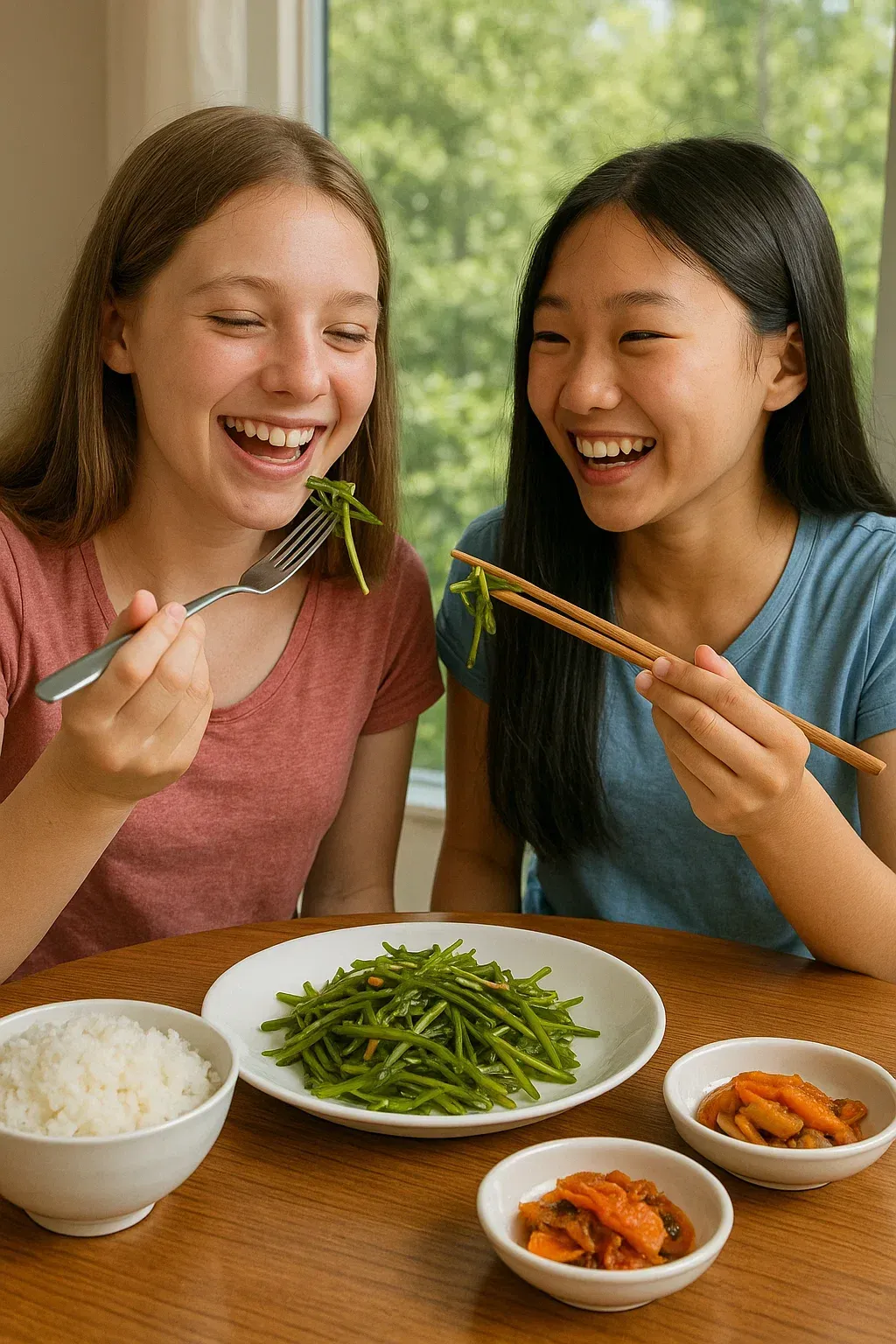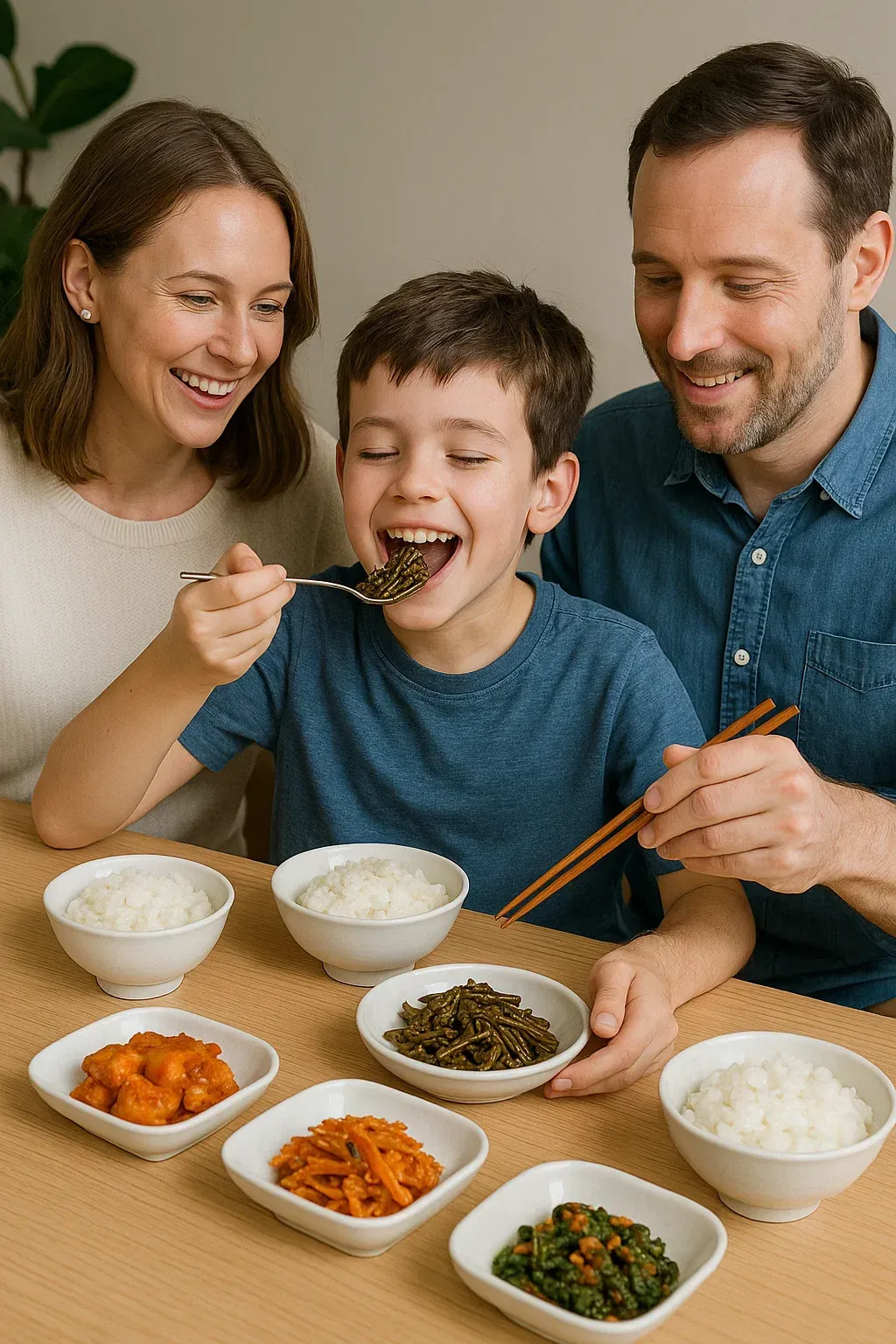Warming the Core: A Functional Medicine Guide to Chinese Chives (부추)
While many herbs are used to cool and calm the body, some are prized for their warming, stimulating properties that restore energy and vitality—especially in the colder months or for conditions of internal coldness. Chinese Chives, known in Traditional Chinese Medicine (TCM) as Jiu Cai (韭菜), are one such potent food-herb. As a functional medicine practitioner, I often highlight this herb for its deep warming action, digestive support, and ability to boost systemic vitality.
The Herb of Yang: Understanding the Role of Jiu Cai
Jiu Cai is classified as pungent and warm, primarily targeting the Kidney, Liver, and Stomach meridians. Its signature traditional function is to warm and tonify Kidney Yang, disperse cold, and regulate Qi and Blood. This makes it an indispensable ingredient for addressing conditions characterized by coldness, weakness, and stagnation.
Scientifically, Chinese Chives are rich in sulfur-containing compounds (like allicin and its derivatives, similar to garlic and onions), high levels of Vitamin K (crucial for blood clotting and bone health), and flavonoids. The sulfur compounds are responsible for the herb's pungent taste and its warming, circulation-boosting effects.
The Science-Backed Benefits of Chinese Chives
Modern research validates the traditional uses of Jiu Cai, particularly in its ability to warm and invigorate the body:
- Warming the Kidneys and Boosting Vitality: The most significant TCM action is its ability to warm the Kidney Yang. This warming effect translates to improved metabolism, better cold tolerance, and enhanced overall vitality and drive. This makes it an excellent food-herb for those experiencing general coldness, low energy, or chronic mild fatigue.
- Enhancing Circulation and Dispelling Cold: The pungent, warming nature of Jiu Cai helps invigorate the circulation of both Qi (energy) and Blood. Improved circulation is essential for alleviating aches and pains worsened by cold, such as cold hands and feet, or chronic digestive discomfort due to stagnation.
- Supporting Digestive Health: Jiu Cai acts as a powerful digestive aid. Its pungent sulfur compounds stimulate digestive juices and peristalsis, helping to break down food more efficiently and move stagnant food or gas. This helps alleviate bloating, cold sensation in the stomach, and sluggish digestion.
- Nutritional and Bone Support: Scientifically, the high content of Vitamin K is vital for bone health, as it plays a key role in calcium regulation. This supports the TCM concept of the Kidney governing the bones and Essence (Jing).
Incorporating Jiu Cai into Your Diet
Jiu Cai is best used in its fresh, potent form and is highly versatile:
- Stir-Fries and Soups: It is a staple ingredient in many Asian stir-fries and soups, where its warming quality is utilized, especially in cooler weather.
- Dumplings and Pancakes: It is the primary vegetable in traditional Chinese chive pockets or Korean chive pancakes (buchimgae), offering a powerful, warming flavor.
- Fresh as a Condiment: Use fresh, chopped chives as a pungent garnish to add a quick kick of warming flavor and digestive stimulus to meals.
Important Cautions: Due to its strong warming and dispersing nature, individuals experiencing high internal heat (e.g., severe insomnia, excessive irritability, acute infections with fever) should consume Jiu Cai sparingly. Always consume in moderation initially, as its strong flavor and sulfur compounds can sometimes cause temporary digestive gas in sensitive individuals.
Chinese Chives are a testament to the powerful medicine found in simple culinary ingredients. By embracing the warmth and pungency of Jiu Cai, you are actively engaging in the process of building deep vitality, enhancing circulation, and fortifying your body's core essence.
- Dr. Chungmoo "John" Huh, DAcCHM, L.Ac, Dipl. OM -









From Forest Floor to Functional Food: A Holistic Guide to Bracken Fern (고사리) in Traditional Medicine


